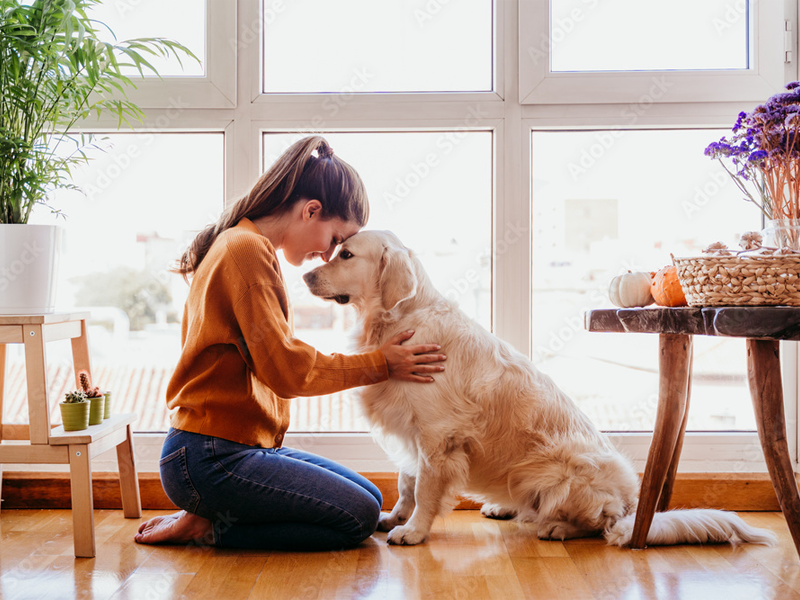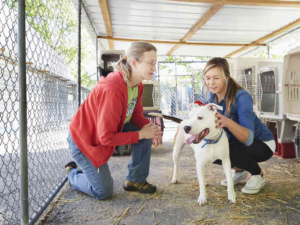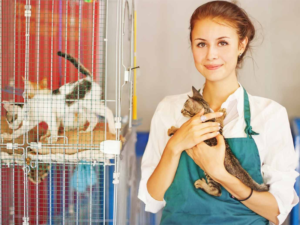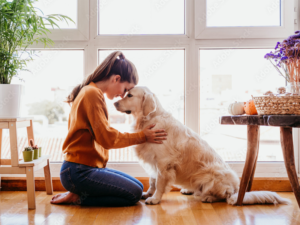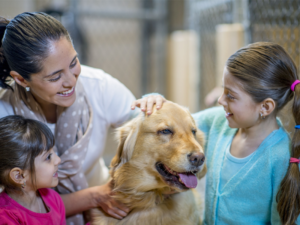Adopting a pet with disabilities is a life-changing experience, both for the animal and the owner. While these pets may face unique challenges, they are as deserving of love and care as any other animal. With patience, understanding, and dedication, disabled pets can lead fulfilling and joyful lives. This guide explores how to create a supportive environment for these remarkable animals, ensuring their physical and emotional well-being.
Understand Their Unique Needs
The first step in caring for a disabled pet is understanding their specific condition and needs. Disabilities can range from blindness and deafness to mobility challenges or chronic medical conditions. Speak with a veterinarian to gain insights into the best ways to support your pet. For instance, a blind dog might rely more on scent and sound for navigation, while a pet with joint issues could benefit from specialized bedding and low-impact exercises.
Adapt Your Home for Safety
Creating a safe environment is important for disabled pets. Blind animals, for example, thrive in spaces where furniture placement remains consistent. Ramps can replace stairs for pets with mobility issues, and securing rugs can prevent slipping. Padded furniture edges reduce the risk of injuries, while gates can block access to potentially hazardous areas like staircases or balconies. Each adjustment makes your home more accessible and stress-free for your pet.
Assistive Devices Make a Difference
Innovative assistive devices can significantly enhance the quality of life for pets with disabilities. Mobility aids, such as wheelchairs or harnesses, help pets regain their independence and enjoy outdoor adventures. For pets with sensory impairments, toys that emit sounds or have strong scents encourage play and engagement. Prosthetic limbs or braces can restore mobility, enabling pets to lead active lives despite physical limitations.
Emotional Care Is Key
Pets with disabilities often require more emotional support than others. They may feel vulnerable or anxious in unfamiliar situations. Spending quality time with your pet reassures them of your love and care. Simple actions, like cuddling, playing, or talking to them in a calm voice, can strengthen your bond and help them feel secure. Emotional well-being is as significant as physical health in the development of a happy, confident pet.
Prioritize Regular Veterinary Check-Ups
Disabled pets need consistent medical attention to monitor their health and address any complications early. Work with a veterinarian to establish a care routine, which may include medications, physical therapy, or a specialized diet. Regular check-ups ensure your pet stays healthy and help you adapt their care plan as their needs grow. Preventative care is necessary to maintain their quality of life.
Encourage Stimulation and Activity
Engaging your pet’s mind and body is important for their happiness. Tailor activities to their abilities—for instance, gentle swimming for pets with joint issues or food puzzle toys for blind pets to encourage mental stimulation. Daily exercise not only improves their physical health but also increases their confidence and reduces stress. It’s about finding the balance between activity and rest to suit their unique needs.
Celebrate Small Milestones
Every achievement, no matter how small, is a reason to celebrate. Whether it’s a pet learning to use an assistive device, navigating their environment with confidence, or simply adjusting to a new routine, these moments reflect their resilience and determination. Your encouragement reinforces their progress and deepens your connection.
Join Support Networks
Connecting with other pet owners who care for disabled animals can provide valuable advice and emotional support. Online communities, local support groups, or forums dedicated to pet care are excellent resources. Sharing knowledge and tips with others who understand your journey can make the challenges more manageable and the rewards even greater.
Advocate for Disabled Pets
Sadly, disabled pets are often overlooked in shelters due to misconceptions about the effort required to care for them. By sharing your story and advocating for adoption, you can help shift perceptions and inspire others to open their homes to animals with special needs. Raising awareness about their capabilities and the joy they bring is a powerful way to make a difference.
Love Them Unconditionally
Ultimately, the most important thing you can give a disabled pet is love. Although they may face unique challenges, their capacity for loyalty, joy, and companionship is limitless. Caring for a disabled pet is a journey of growth and discovery for both of you, filled with moments of mutual trust and unconditional love.
Conclusion
Adopting a pet with disabilities is a deeply rewarding experience that enriches your life while providing a second chance for an animal in need. These pets teach us resilience, adaptability, and the value of unconditional love. If their stories of courage and transformation inspire you, explore ‘Willy’s Quest For A Home: A Pawsome Adventure’ by Sonya Herburger. This cheering tale rejoices with the strength and spirit of rescue animals, reminding us all of the power of love and compassion.

